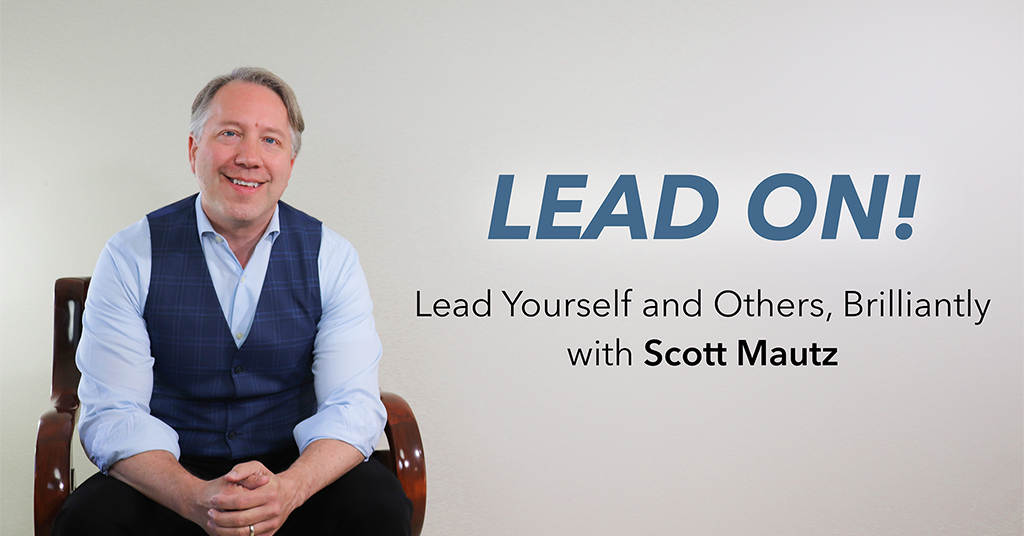
INSIGHTS (on leadership/self-leadership)
The key to giving constructive feedback is to share it in a way that’s welcomed and gets you “invited in.” First, introduce the element you want to provide feedback on, doing so with empathy while expressing confidence in that person and commitment to help him/her improve. Telling people they’re missing the mark isn’t the same as helping them hit the mark, so signal that’s what you’re trying to do. Do this well and odds are you’ll be “invited in” with your feedback. After all, no one wants to talk to a critic, but everyone wants to talk to an ally. After you’ve established yourself as an ally, then, and only then, say “Can I give more detail and think it through with you?”
IMPERFECTIONS (a mistake to avoid)
Ever notice that the detours you take are quite often more interesting than taking the main road?
Imagine if you kept that in mind when it came to your life. How many more risks would you take? How many more things would you explore that interested you, things outside the status quo? How differently would you feel about “non-traditional” career roles or assignments you embarked upon?
It’s a common mistake to stick to the main road while treating it like the high-road, a moral imperative that keeps one above the fray and away from the potentially “distasteful.” But the two are not the same thing, and quite often, choosing the path less chosen, the detour, more than makes up for in enrichment and interest what it lacks it directness and predictability.
IMPLEMENTATION (one research-backed strategy, tip, or tool)
TV star Sean Hayes (he played the character “Jack” on the hit sit-com Will & Grace), recently shared a quote from his friend and fellow TV star, Jason Bateman – a quote Hayes says he’ll never forget. It illuminated how Bateman keeps perspective in the face of rejection and disappointment. Bateman told Hayes, “None of this is up to you. We can only go on auditions, make content, create stuff. The rest isn’t up to us. And if we try to control it, it’s a waste of time.”
What a powerful, 7-word reminder for us all. Once you’ve put in the hard work, “none of it is up to you.” You can’t control outcomes from that point on. So why waste time worrying about things that are now in the hands of fate, circumstance, or any other myriad influencers? If you must worry, the key is to worry up front about whether or not you’re doing everything you can to set yourself up for success. After that, it’s not up to you, so why give it another thought?




Leave a Reply